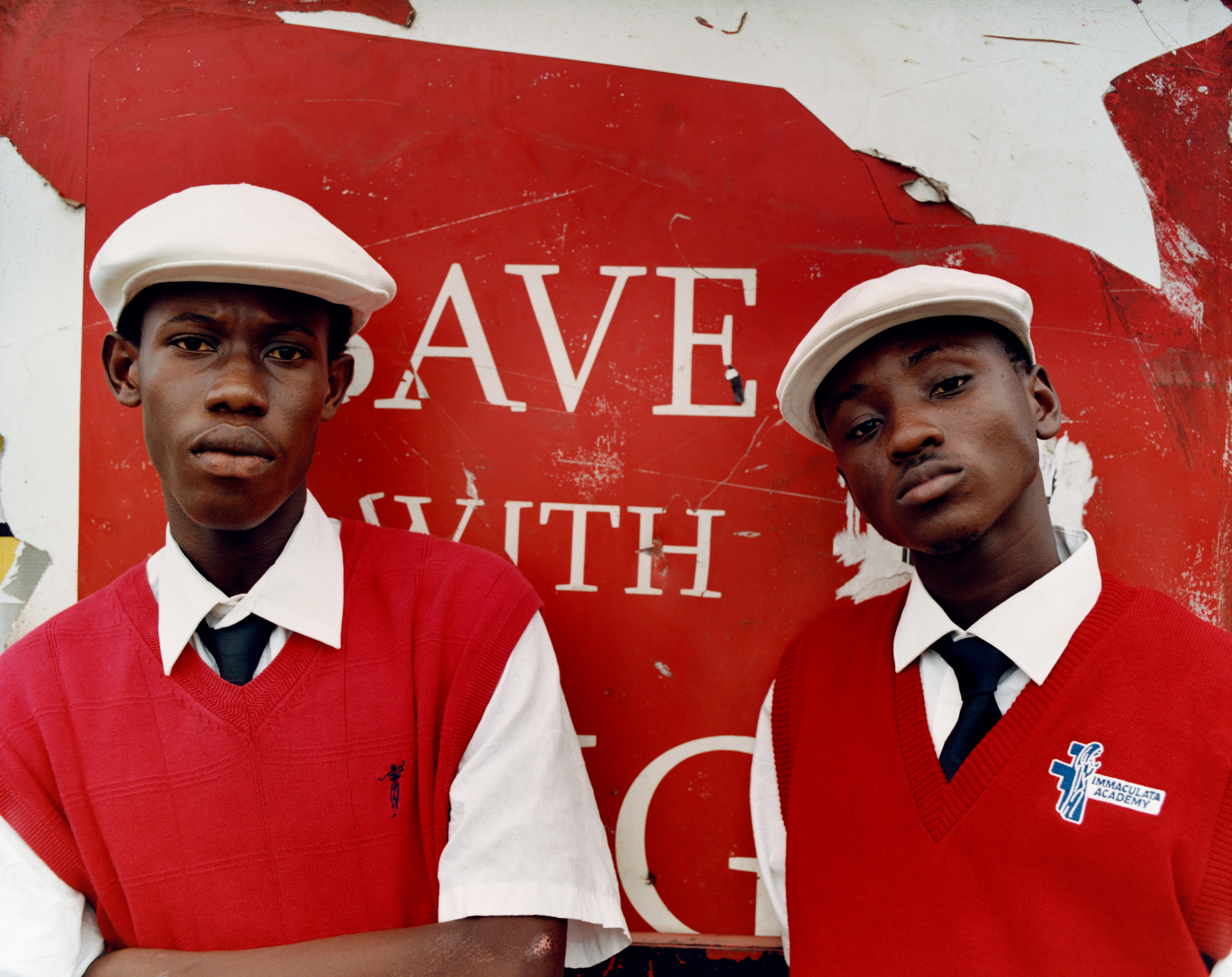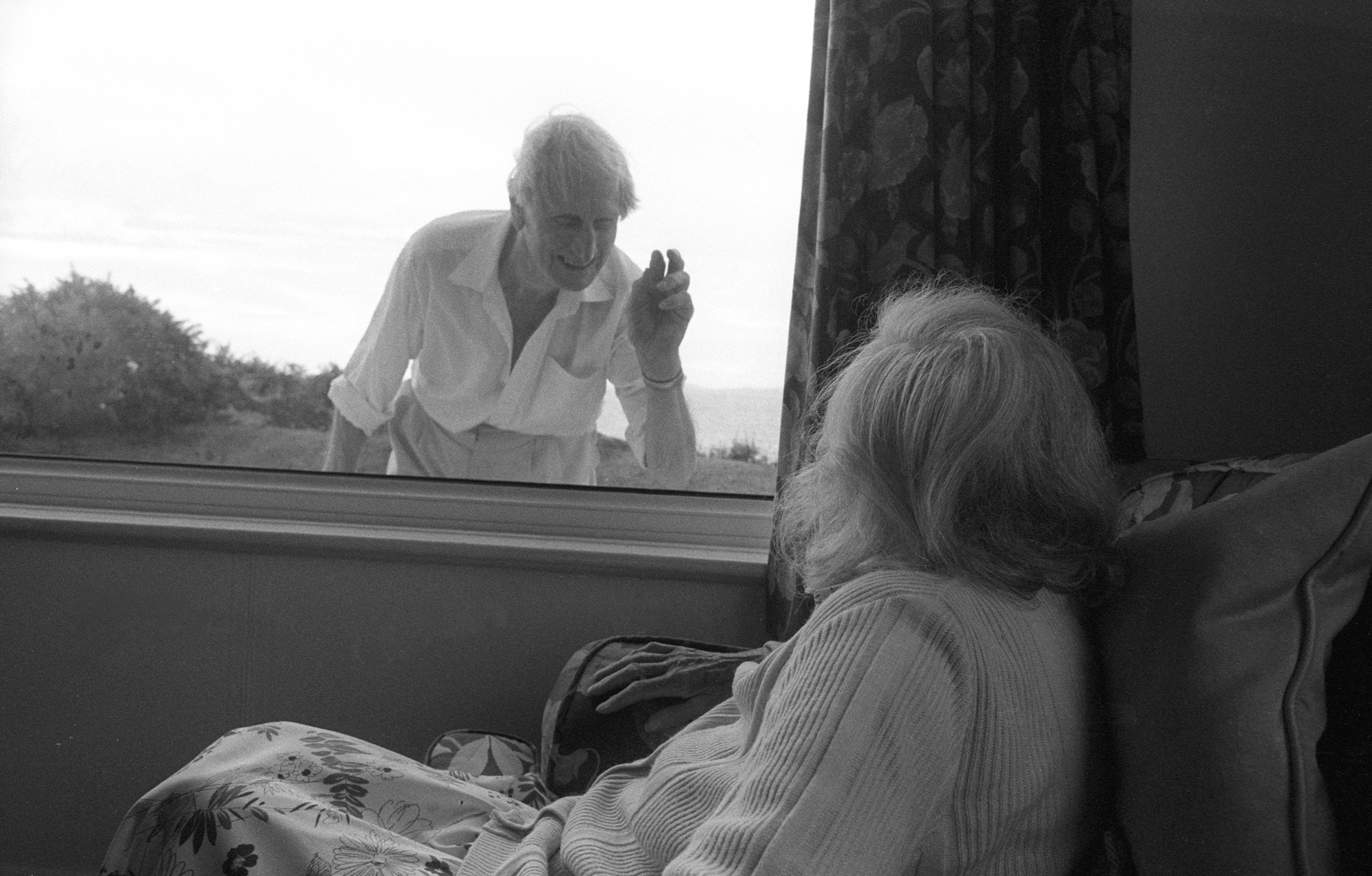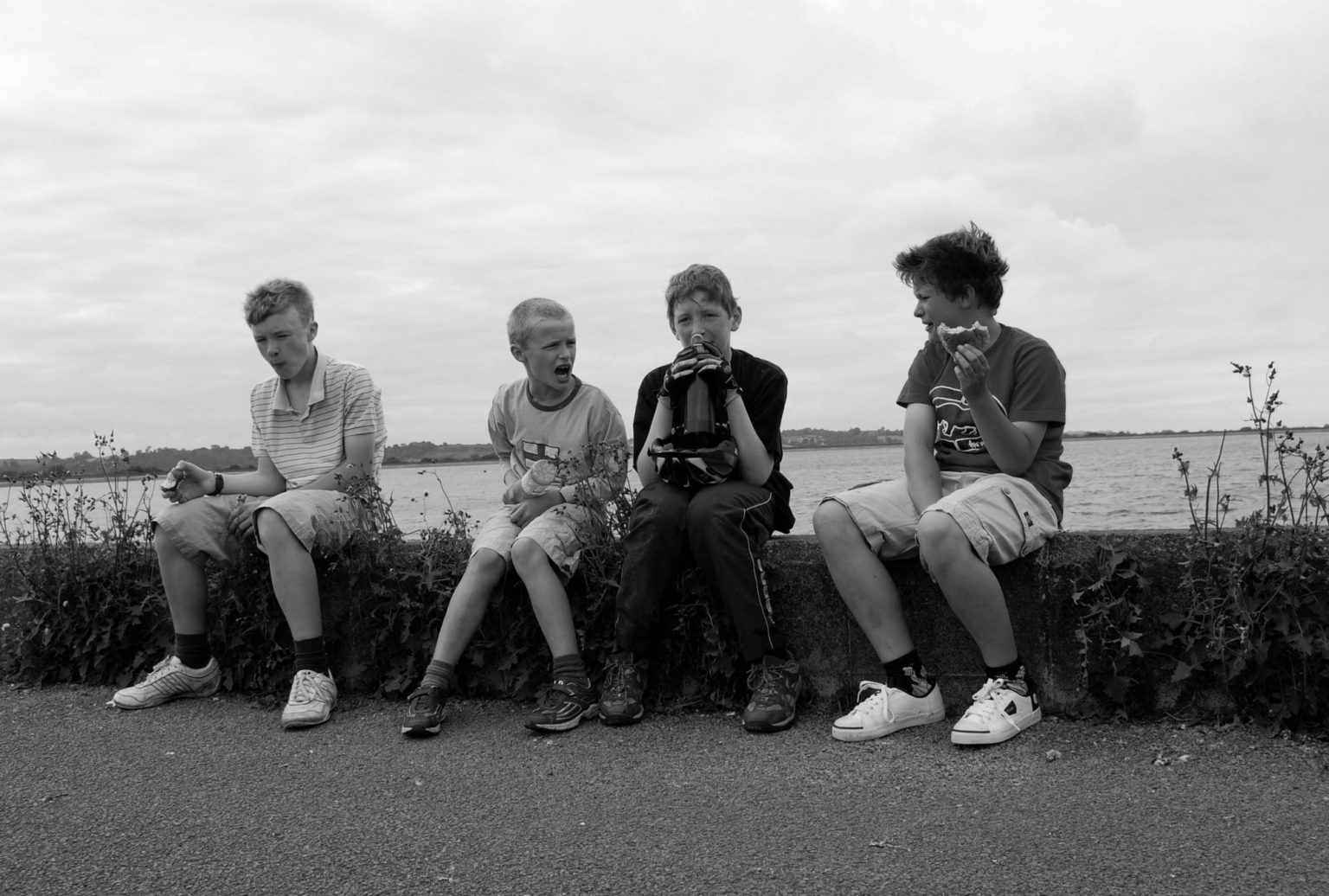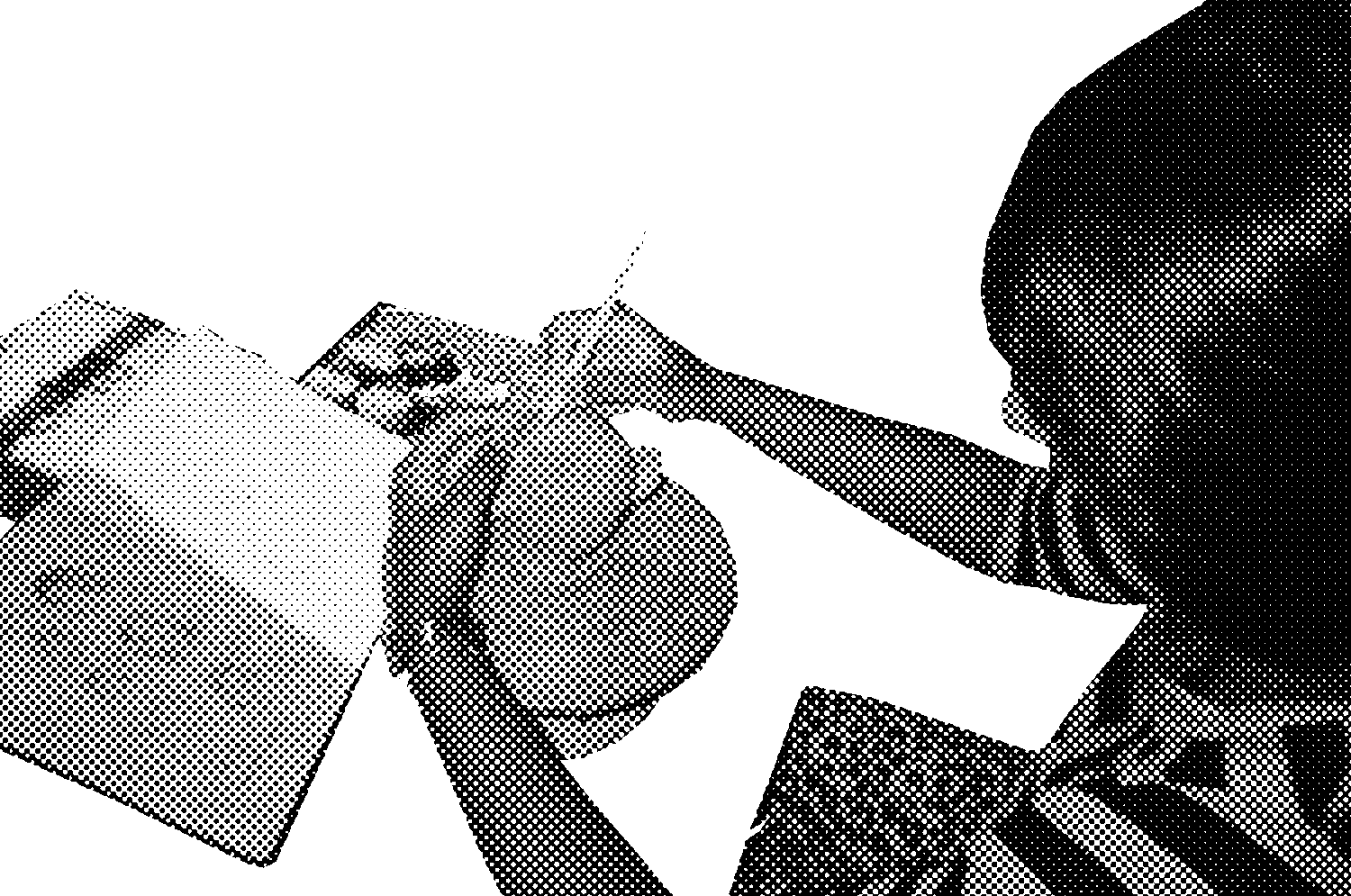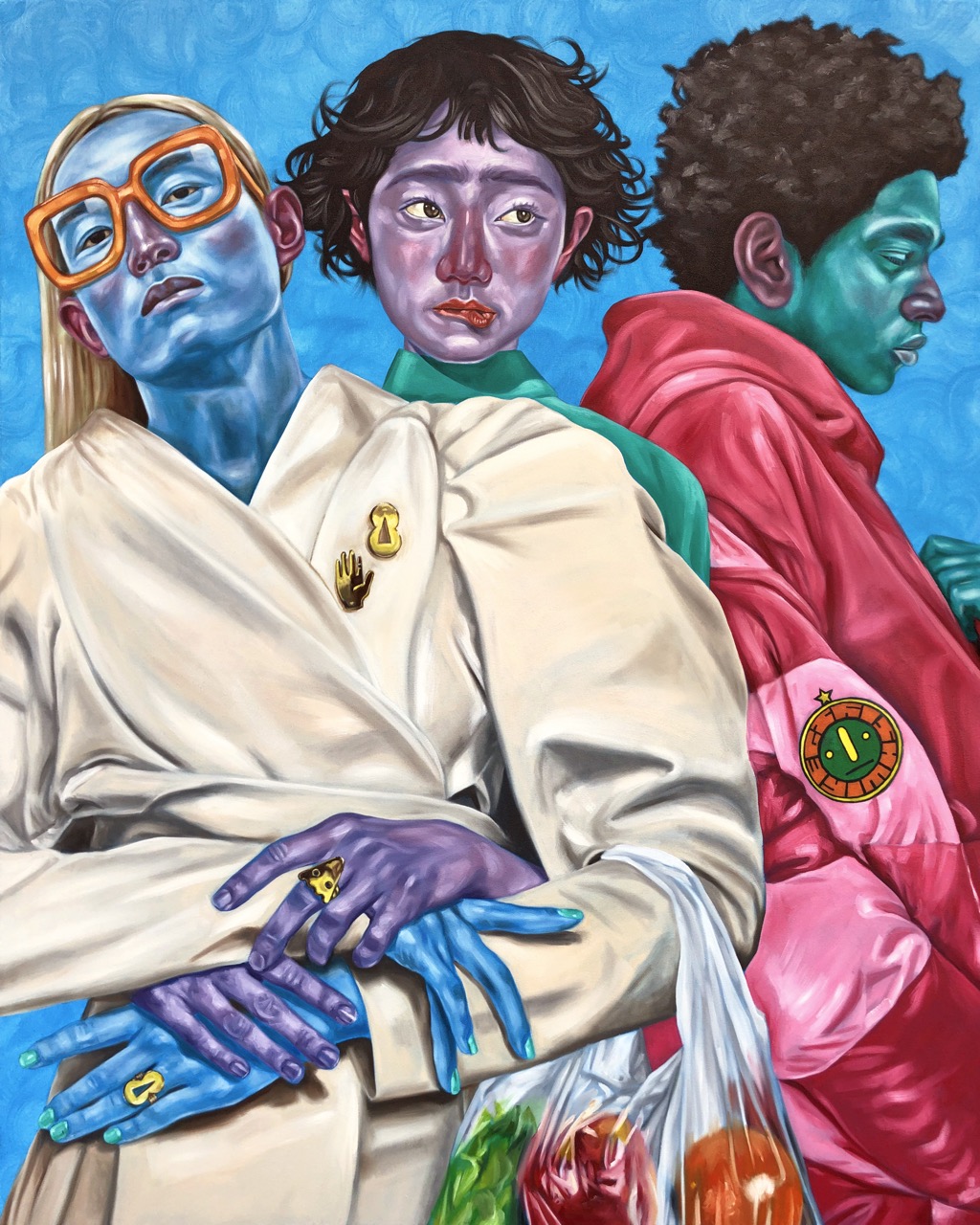Maria Meco is a Bristol based Spanish photographer. Currently studying a degree at UWE, Marias work marriages themes of documentary, fine art and portraiture.
As part of our online content we believe that discussing the efforts, approach and process behind the project are just as important as the story itself. In our category The Process we ask a series of questions that discuss and explore the approach taken in different aspects of creating, looking at new and old projects, we explore the stories, thoughts, meanings and process behind it all from how a project starts, exploring inspirations and reasoning behind work, to the experiences and mindset of developing a project.
JT: How do you start a project?
MM: My projects are few and far between but when I do it usually stems from an idea or a reaction to an experience. You take a lot of pictures during a period of time and then when you look back on those pictures you find the thread between them all. The idea can start from something that interests me and which I don’t know much about so I use it as an excuse to learn more from.
I have this massive mental archive of pictures, movie moments, moods, books or songs and so on that have impressed me and come with me wherever I go, so something usually sparks in there. Then I think about what I want to say within that area and I research what has been done before to make sure I’m not doing the same. I also research what has been done in other arts to incorporate that in my practice because it makes it more fun.
JT: What inspires you?
MM: Lots of stuff really, I’m a very curious person, Art in its different forms and disciplines inspires me, life in general is fascinating to me, what people do, why things work the way they do. Recently I’ve found myself really hooked in architecture and interior design for instance. I love the work and freedom of thinking of Frank Gehry or the artist in residences series by Nowness and how spaces shape the way we feel and behave.
Travelling is another big one. I like to incorporate the unknown in my work and react to my environment, it’s really beneficial for my soul. So many beautiful things can happen when you let yourself go.
People, no matter who they are, when I meet someone who’s got that passion for what they do, their excitement becomes contagious and encourages me to work harder.
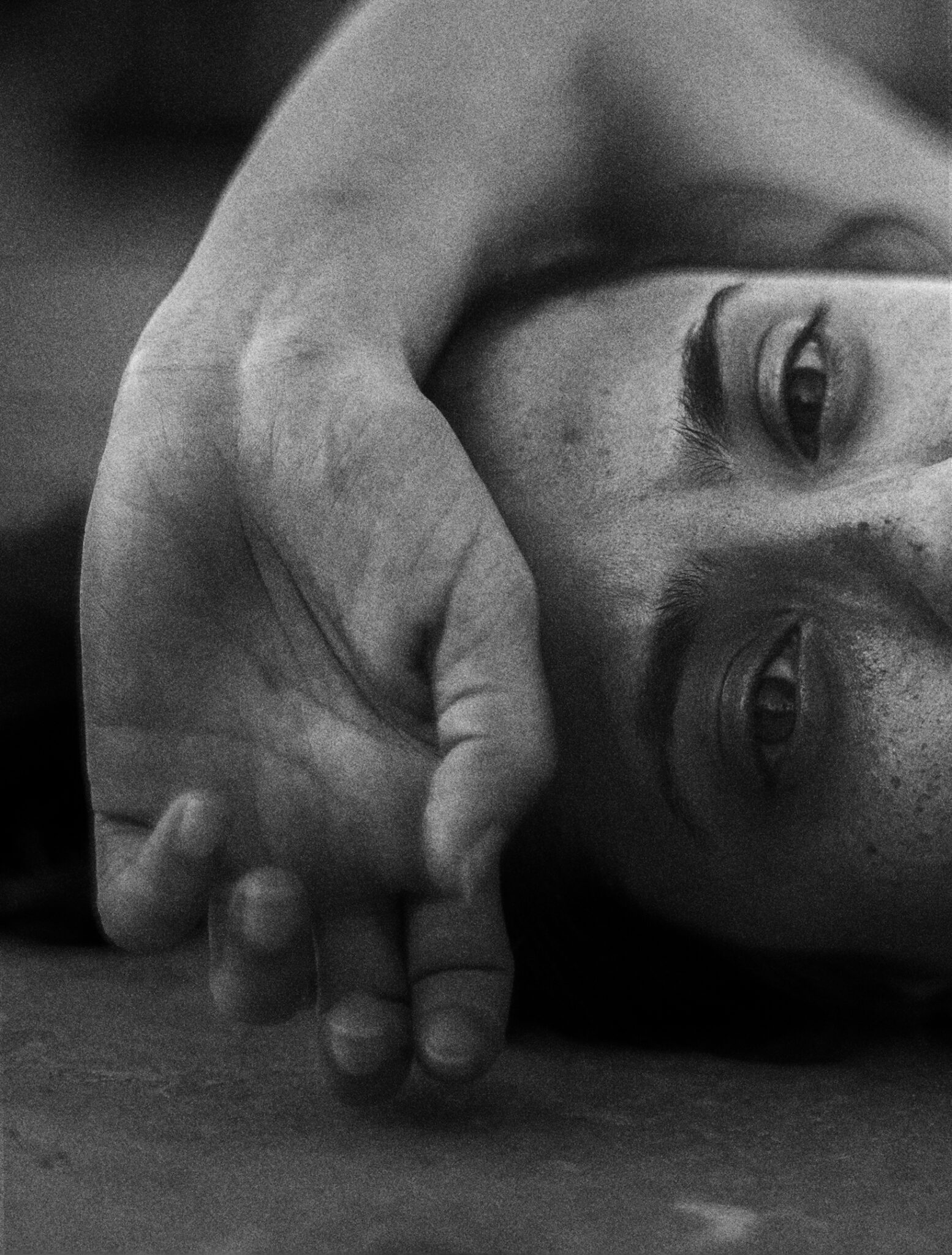
JT: What is your typical day like?
MM: I guess during Corona It’s been pretty standard, I usually go to sleep looking forward to coffee and breakfast and then is sitting in the laptop to do work. I recently started keeping a healthy amount of routine of submitting work to mags or contest, editing any pictures if I have any (or digging archive work). Around lunch time or after I force myself to get out of the house, to go for a walk, play basket or whatever. Living in Bristol makes quite easy to be in somewhere green and peaceful and at the same time have some people around you.
JT: What in your personal life has influenced you to choose your career?
MM: Going to do my A levels in an art school in the nearest town felt like a huge inspiration, it was a very small place which made it easy and fun to learn from people of different disciplines. I loved painting since I was a kid but with time, I realised I was not a big fan of staying in the same room for a long time. I love exploring and learning about new things even if my memory doesn’t hold as much knowledge as I’d like to. I think Photography gave me the means to combine my curiosity and my love for art. I could create something away from reality and also understand more about the world.

JT: What do you do to keep yourself motivated and interested in your work?
MM: The things that keep me focus on my work are the things that keep me away from it and it’s usually enjoying my life in general. This can be training capoeira, working on myself, going for an adventure or seeing my friends for a beer…. It takes any pressure off I might feel, it helps me to take my work more lightly and at the same time be enthusiastic about it when I’m in the zone. It’s easy to get quite stuck in our ways so this helps me to come back with a fresh brain and new avenues to explore.

JT: Do the opinions of other people influence or change what you create?
MM: I think with time I’ve learn to only ask for opinions to those whose work I respect but during my career this it’s been a constant work in progress and still is.
I consider myself to be a purposeful person but at the same time I feel like I’m also suggestible and tend to second guess myself a lot. Also, in our hyper connected times, is very easy to fall in to that trap and loose a bit your voice when you see that certain types of work or aesthetic generates more approval or attention. I think now I’ve generated an almost automatic reaction to that issue. Whenever I see the typical boring picture that has been done 1000 times but people go mad for it, I put it in my draw of “things I will never do”.

JT: What is the best advice that you have been given?
MM: That’s a hard one, I’ve had brilliant advices along the way but I can’t pin point them on demand most of the times. Probably one of the best is to not rush, take one thing at a time and trust your intuition.
JT: What other creative avenues have you explored?
MM: Drawing which I still do every so often. I studied Film and work as a Video Editor for a bit, I debated at the time if I should be pursuing a career Cinematography but I didn’t follow it up as I didn’t feel like it was suited for me. I’ve recently discovered sculpting but I use it more as therapy, there is something really good for your soul about stepping out of your area of expertise, being able to create something with your own hands and being absorbed by the process.


